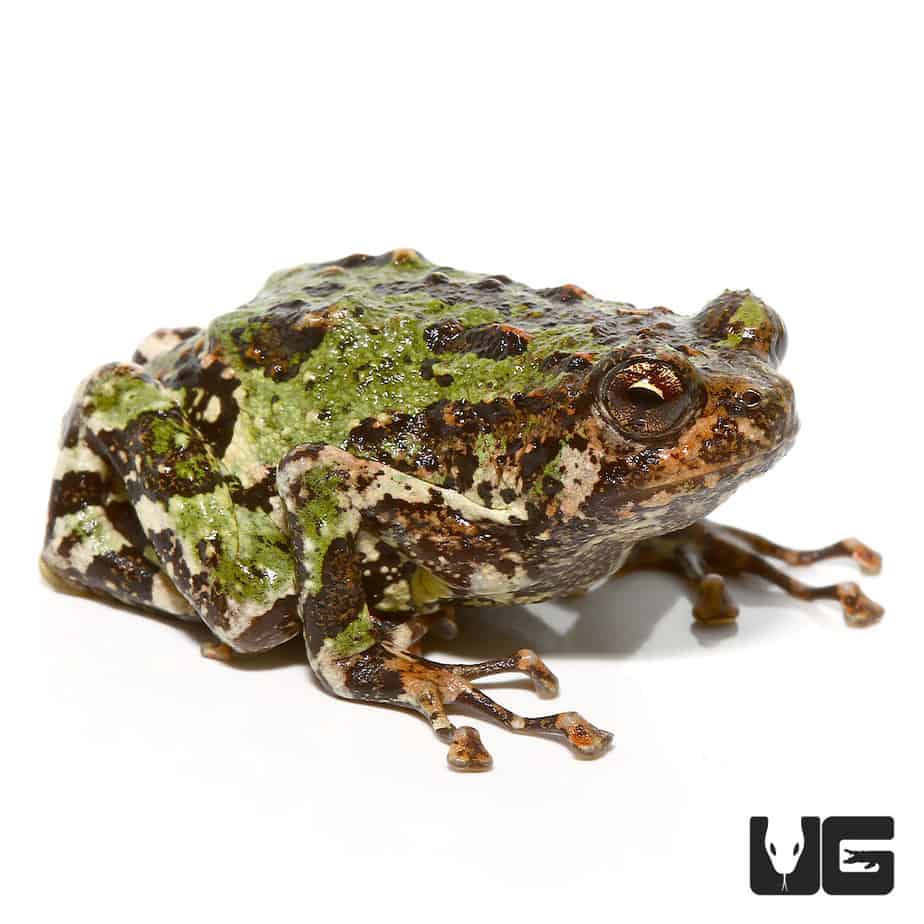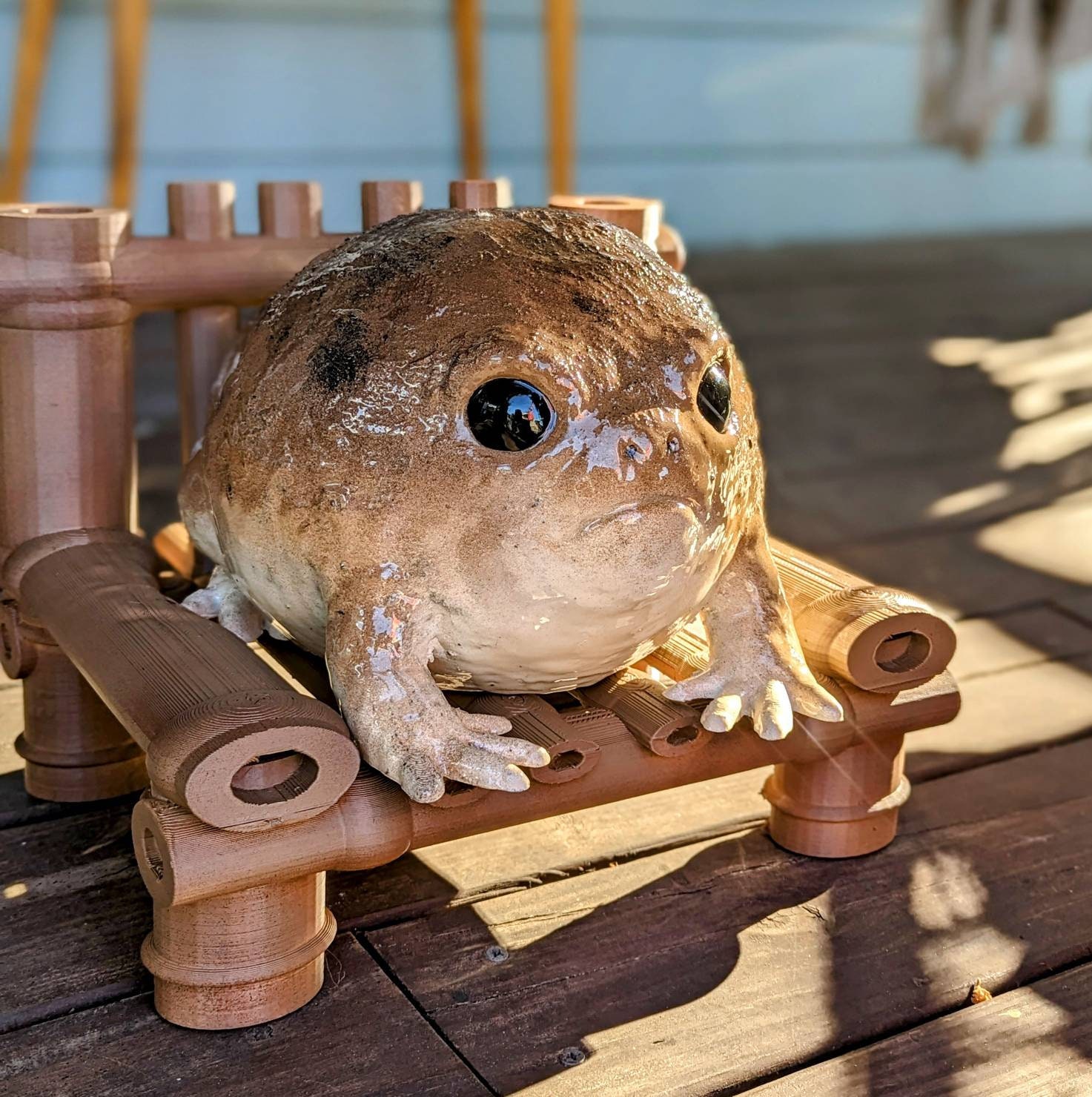Common Wellness Issues in Reptiles: Signs And Symptoms and Solutions
In the intricate globe of reptile care, recognizing the usual wellness issues that might impact these distinct creatures is vital in guaranteeing their well-being. From respiratory infections that can silently take hold to metabolic bone illness that can disable, reptiles are vulnerable to a series of disorders that call for eager observation and prompt intervention. Whether it's facing parasitical invasions, browsing dehydration concerns, or addressing skin disorders that manifest in subtle methods, being in harmony with the signs and symptoms and geared up with the knowledge of effective services is necessary for any type of reptile proprietor. By diving even more into the nuances of these health concerns and exploring the useful treatments available, one can secure the wellness and vitality of these fascinating pets.
Breathing Infections
Respiratory infections in reptiles can considerably influence their overall wellness and require timely focus from seasoned veterinarians. In reptiles, respiratory infections can be particularly challenging to detect and deal with due to their special composition and physiology.
Treatment for respiratory infections in reptiles normally involves a mix of supportive treatment, such as maintaining correct humidity degrees and temperature level gradients in the enclosure, in addition to targeted medicine to address the details pathogen in charge of the infection. It is critical for reptile owners to check their pet dogs closely for any type of indicators of breathing distress and look for veterinary treatment at the earliest sign of a problem. With prompt intervention and suitable therapy, several reptiles can recoup completely from respiratory infections and return to typical activities.

Metabolic Bone Disease
What variables add to the development of Metabolic Bone Disease in reptiles?
Metabolic Bone Illness (MBD) in reptiles is largely caused by an absence of correct calcium, phosphorus, and vitamin D3 degrees in their diet regimen. Furthermore, inadequate exposure to UVB light stops reptiles from synthesizing vitamin D3, which is vital for calcium absorption and bone health.
Various other contributing aspects to MBD consist of inappropriate temperature level slopes within the reptile's habitat, causing reduced metabolism and damaged calcium absorption. Insufficient humidity degrees can additionally impact a reptile's capability to metabolize calcium efficiently. Certain reptile varieties have details dietary needs that, if not met, can raise the possibility of developing MBD. Normal veterinary exams, proper husbandry methods, and a well balanced diet regimen are vital to avoid Metabolic Bone Illness in reptiles.
Parasitic Problems
Parasitic invasions present a considerable health danger to reptiles, affecting their total health and needing prompt veterinary interest. Reptiles can be affected by numerous parasites, consisting of termites, ticks, inner worms, and protozoa. These bloodsuckers can create an array of signs and symptoms, such as weight-loss, sleepiness, skin irritation, looseness of the bowels, and also fatality if left unattended.
One typical parasite found in reptiles is the mite, which can cause skin anemia, irritability, and stress. Ticks are one more outside bloodsucker that can trigger and transmit diseases discomfort to the reptile. Inner parasites like worms and protozoa can result in gastrointestinal issues, lack of nutrition, and compromise the reptile's body immune system.
To identify a parasitical invasion, a veterinarian may perform fecal examinations, skin scrapings, or blood tests. Treatment usually involves deworming medications, antiparasitic bathrooms, or in extreme instances, a hospital stay. Preventative procedures such as routine veterinary check-ups, appropriate hygiene, and quarantine treatments for brand-new reptiles can help decrease the risk of parasitical invasions and guarantee the health of reptile animals.
Dehydration and Hydration Issues
Dehydration in reptiles can significantly affect their health and health, requiring timely intervention and appropriate hydration management. If left without treatment, dehydration can lead to significant health concerns and even be deadly to the reptile.
To stop dehydration, reptile owners should make sure that their pet dogs have accessibility to tidy water in any way times. The water dish need to be large enough for the reptile to soak in if needed, especially for varieties that soak up water through their skin. Additionally, preserving appropriate moisture degrees important source in the reptile's unit and offering normal bathrooms can help protect against dehydration.
In instances of dehydration, it is important to seek veterinary care immediately. A vet may provide fluids either by mouth or via shots to rehydrate the reptile. It is vital to address the underlying reason for dehydration to protect against recurrence and make certain the reptile's total wellness.
Skin Conditions

Conclusion

Respiratory infections in reptiles can considerably affect their general wellness and need punctual interest from knowledgeable vets (rain frog for sale). Preventative steps such as routine veterinary check-ups, appropriate hygiene, and quarantine procedures for brand-new reptiles can help decrease the danger of parasitic problems and make certain the Web Site wellness of reptile pets
If left unattended, dehydration can lead to serious health and wellness concerns and also be deadly to the reptile.
On a regular basis checking your reptile for any kind of changes in skin color, texture, or look can assist in very early discovery and treatment of skin conditions, promoting the total health and wellness of your scaly buddy. - rain frog for sale
In verdict, reptiles are vulnerable to different health and wellness concerns such as respiratory system infections, metabolic bone disease, parasitical infestations, dehydration, and skin disorders.
Comments on “Discover Your Perfect Rain Frog for Sale: Dive into the Globe of Exotic Amphibians!”